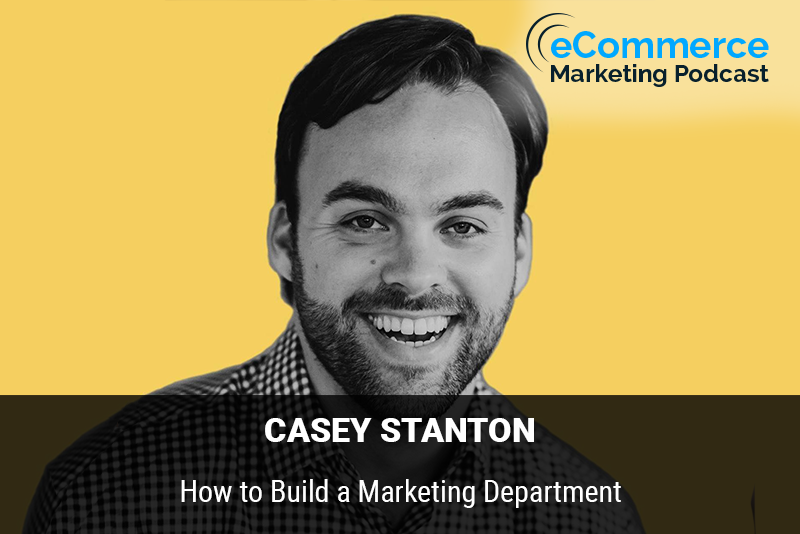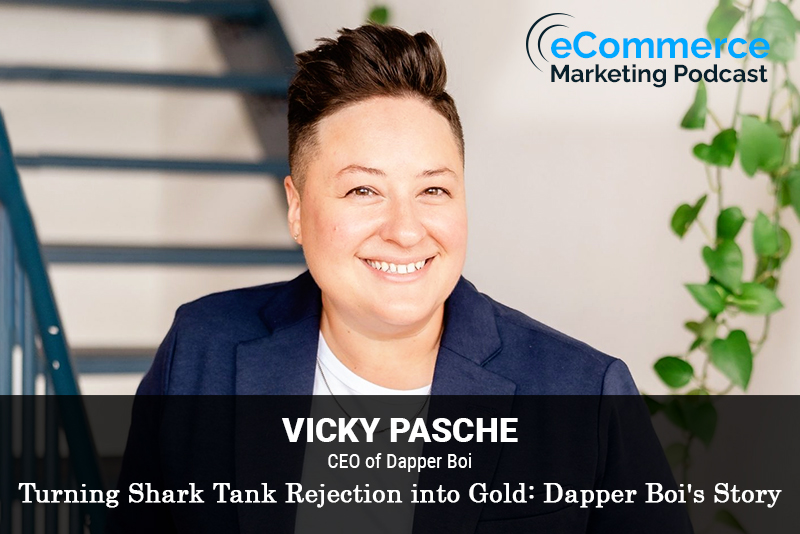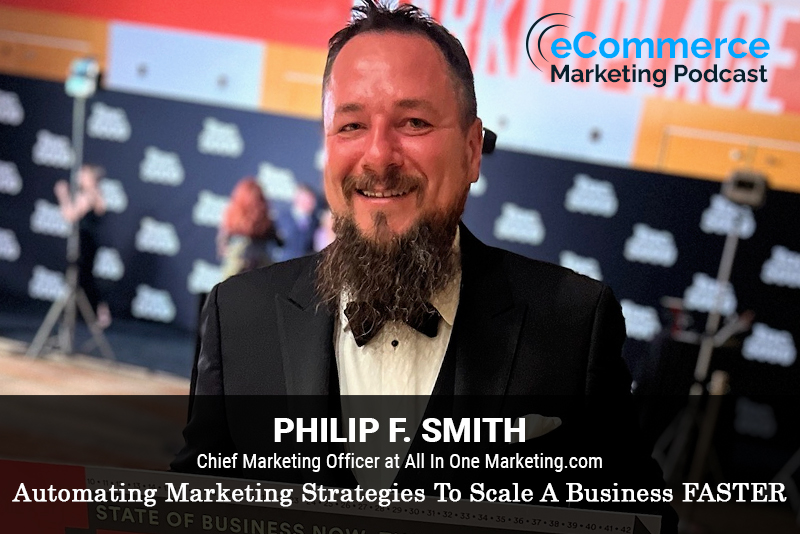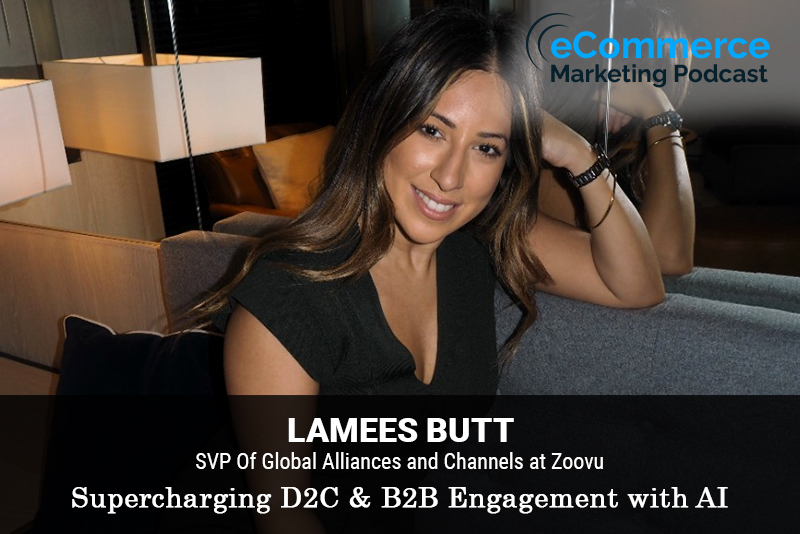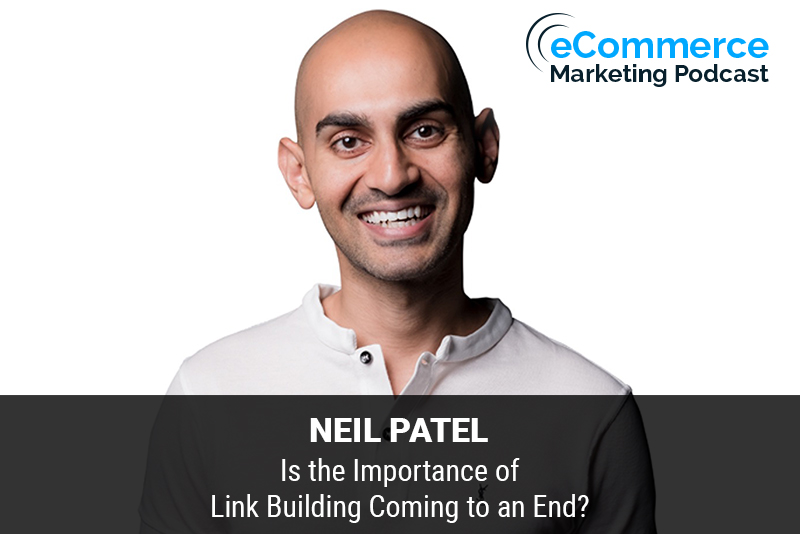
The eCommerce Marketing Podcast walks you through everything that goes into ecommerce marketing — from inbound marketing to paid advertising to conversions. Learn the strategies top marketing experts use to grow their businesses.
Marketing Strategies Revealed in this Episode:
- The competencies that are needed when hiring for a marketing team
- The key functions performed by marketing team in order to be effective
- The tasks/activities that should be assigned to this department for optimal performance
- How to measure the individuals and teams performance

Episode Title: Building an Effective E-commerce Marketing Team with Casey Stanton
Host: Arlen Robinson
Guest: Casey Stanton, Founder of CMOx
Summary: In this episode of the E-commerce Marketing Podcast, Arlen Robinson discusses with Casey Stanton, a Fortune 500 marketing consultant and founder of CMOx, about how e-commerce businesses can create their own marketing teams. Casey shares insights on the skill sets needed, the structure of a successful marketing team, and the importance of strategic leadership. He also delves into his Functional Marketing® Framework and how businesses can leverage a fractional Chief Marketing Officer (CMO) to scale effectively.
Key Takeaways:
- Introduction and Casey’s Background [00:00]
- Casey’s journey from a college graduate during the 2008 housing crisis to becoming a successful marketing consultant [02:00].
- His transition from a lawnmower job to direct response marketing and eventually founding CMOx [05:00].
- Principles of Marketing [10:00]
- Importance of mastering slow-to-change principles in marketing rather than chasing short-term hacks [12:00].
- How understanding first principles can provide long-term success in marketing [15:00].
- Building an Effective Marketing Team [20:00]
- Differentiating between a leader and labor within a marketing team [22:00].
- Importance of having a clear outcome and measurable goals for each team member [24:00].
- Defining Roles and Responsibilities [30:00]
- Key roles in a marketing team: SEO specialist, marketing technician, and content writer [32:00].
- The need for strategy and processes before execution [34:00].
- Creating Repeatable Processes [40:00]
- Importance of distinguishing between new and different tasks versus routine tasks [41:00].
- Creating Standard Operating Procedures (SOPs) for routine tasks to ensure consistency and efficiency [43:00].
- Measuring Performance and Support [50:00]
- How to effectively measure the performance of marketing team members [51:00].
- Providing the right support, direction, and budget to ensure team success [54:00].
- The Role of a Fractional CMO [60:00]
- Benefits of hiring a fractional CMO to provide strategy and leadership without the cost of a full-time executive [62:00].
- How CMOx helps businesses by offering experienced CMOs and building marketing processes tailored to each business [65:00].
Guest Info:
- Name: Casey Stanton
- Position: Founder of CMOx
- Website: CMOx
- LinkedIn: Casey Stanton

